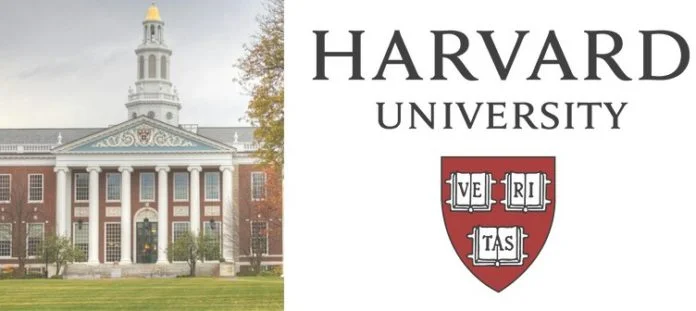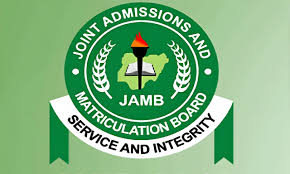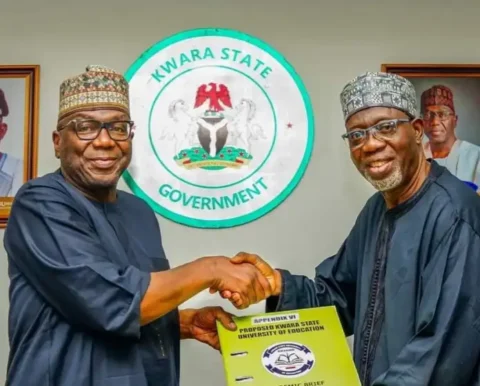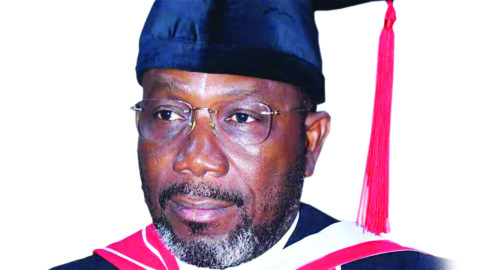The administration of former U.S. President Donald Trump has frozen $2.2 billion in federal funding to Harvard University after the institution refused to comply with a set of broad demands issued by the White House on April 3. The move was officially announced on Monday, April 14.
The demands, presented under the guise of combating antisemitism on campus, required Harvard to overhaul its governance, admissions, and hiring processes. The White House also called for the closure of diversity offices and cooperation with immigration authorities in screening international students.
In response, Harvard University President Alan Garber addressed the community in a public letter, pledging to protect the school’s autonomy and constitutional rights. “We will not negotiate over our independence,” he wrote.
Following Harvard’s refusal, the Joint Task Force to Combat Antisemitism—established under Trump’s administration—announced the suspension of multi-year grants and a freeze on $60 million in government contracts. “Federal support requires responsibility,” the task force said, accusing Harvard of failing to protect Jewish students and uphold civil rights standards on campus.
This funding freeze follows a wave of student protests across U.S. campuses last year, largely in response to Israel’s war in Gaza. Some demonstrations led to confrontations with law enforcement and counter-protesters. Trump and other Republican leaders have accused some student activists of supporting Hamas, a group designated by the U.S. government as a terrorist organization.
In March, the U.S. Department of Education launched investigations into 60 universities over alleged antisemitic incidents. Around the same time, Secretary of State Marco Rubio revealed that hundreds of international students had their visas revoked under a crackdown called “Catch and Revoke,” which uses AI to flag individuals allegedly supporting extremist ideologies.
Harvard had already come under scrutiny earlier, when the administration placed $9 billion in federal funding tied to the university and its affiliates under review—marking the beginning of a larger confrontation between the government and elite institutions over free speech, academic freedom, and civil rights.





